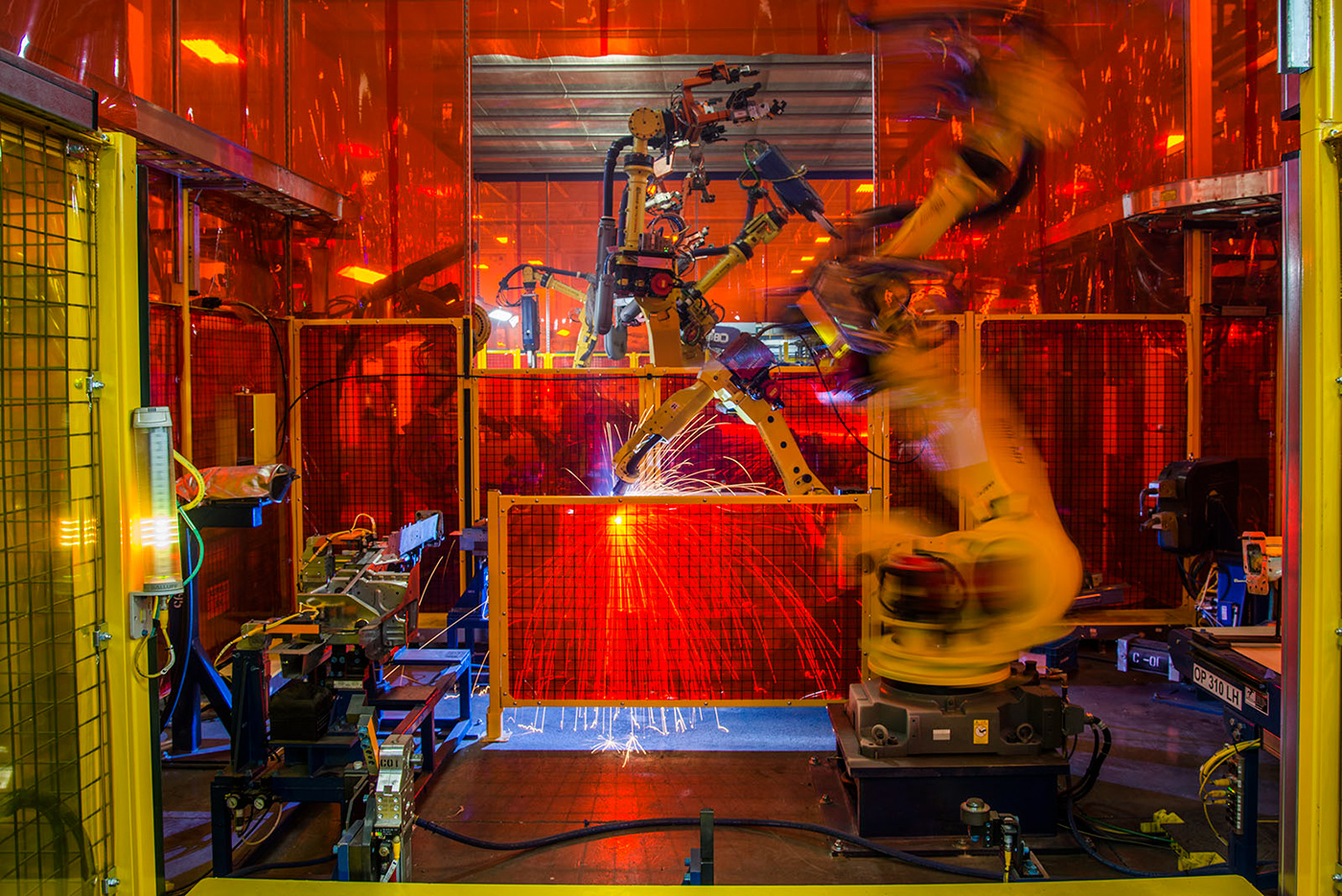How to Make the Most Out of Your industrial Photoshoot?

The visual medium is a powerful tool that can be used to your advantage especially when you need to leave a lasting impression. Industrial photography is considered a specialized field through which businesses can showcase their facilities, processes, machines, infrastructure, and techniques adapted, to their stakeholders. The images captured will not always be pretty ones as they need to portray the ground realities of run down machines, soot, perspiring workers and other raw footage.
To arrive at the best industrial photography, the photographer will have to try out different permutations and combinations with the lighting gear given the constraints in locations. Heavy equipment cannot be shunted around so the key is to derive the optimum effect from the available resources. The main purpose of this kind of photo shoot is best met when you implement the following:
Treat it as an Effective Means of Communication
The images taken should be self-explanatory and should convey exactly what is intended, at first glance itself. A specialized photographer will aptly showcase the relevant machine or product by highlighting its features and blurring out unnecessary distractions in the background. This will leave no scope for any ambiguity in the mind of the person viewing these images.
Aim to Capture the Viewer’s Attention
A skilled photographer with years of experience in this line and an eye for detail will be able to generate instant and adequate interest in the images captured. An industrial photo shoot must highlight the required aspects of the intended subject by treating it as a piece of art. For the desired result, the shots taken must be visually appealing and hero the subject. Only then will it compel the viewer to take notice and further their interest.
Check the Credentials of the Photographer
Before hiring the industrial photographer, go through his portfolio, ask for recommendations and interact with his previous clients to gauge his finesse. Also, study his past experience to understand whether he will be the right fit for your specific requirement or not. Since industrial photography is a specialized field you need to ensure that you get your money’s worth once the photographer is done with the task at hand. You must be absolutely sure that the concerned person you delegate this task to, is suitably capable.
Conduct Detailed Discussions
Before commencing the photo shoot, you must have a detailed discussion with the concerned photographer explaining exactly what your expectations are from this exercise. Also, be open to the photographer’s suggestions as these professionals can give you valuable insights after familiarizing themselves with the location. Ensure you take the necessary permissions in advance so that the photographer can smoothly function. These images are for keeps hence, you need to be satisfied with the final outcome. Request the photographer at the outset that a couple of shots need to be taken for each subject from different angles to enable you to make the most fitting selection from the available options.
Make Optimum Use of the End Results
Businesses that have an official website and a strong online presence must proudly showcase their best industrial photography images to increase their visibility and gain a competitive edge. They can use this as a means to market their service offerings and unique features that set them apart from their competitors. This helps to generate the desired interest amongst potential leads for which your company will now be the preferred choice thereby propelling your business to success.
This line of work is challenging as often you may land up shooting in inhospitable conditions wherein you are exposed to extreme temperatures and dangerous substances. As an industrial photographer, ensure you take the requisite precautions for yourself, your team and your costly equipment.
